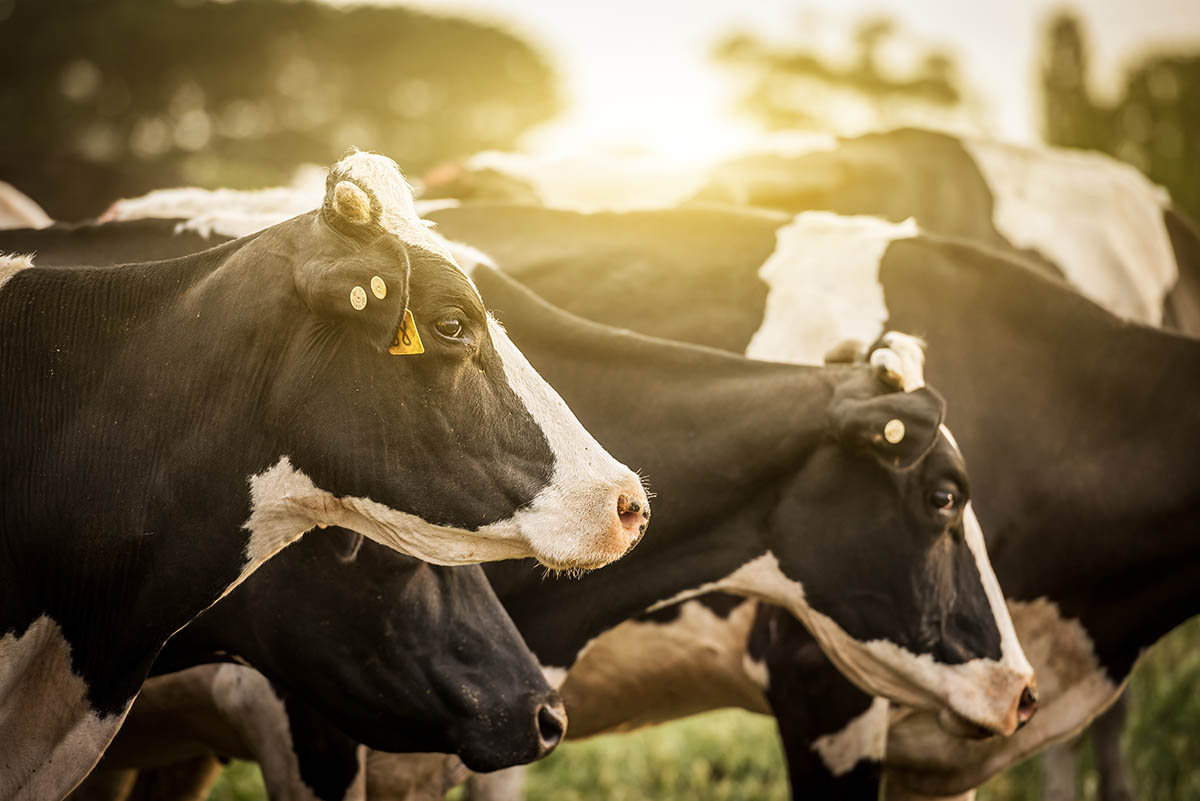As another year wraps up and a new tax filing season approaches, dairy producers can minimize any surprises by reviewing a few key points which may help ease your tax burden.
Pay Bills
If your farm operates on a cash accounting basis and you are planning to claim expenses to reduce 2020 income, ensure all bills are paid before the fiscal year end.
For example, if your farm has received a feed or fuel bill for product or services received in 2020, you cannot claim those expenses until you have actually paid the bill with cash, cheque or credit card.
One might think that because a bill is dated December 2020, the expense can be claimed in 2020, even if the bill isn't paid until 2021. However, when operating on a cash basis, if the farm's business year-end is December 31, for example, the bill would need to be paid by December 31, 2020, for it to be claimed against 2020 income. If the bill is not paid until 2021, it can only be claimed as a deduction against income in 2021.
Claiming capital cost allowance
If you made a capital purchase in 2020 and that capital item is present on the farm and available for use, you can claim an accelerated capital cost allowance (CCA) for that purchase when filing your 2020 income tax return.
The capital item, whether it be a tractor, other piece of machinery, hay shed or grain bin, does not have to be paid for before the end of the fiscal year, but it does have to be on the farm and available for use.
Farms cannot claim CCA against a piece of equipment that has been ordered but not received. In the case of a building, the cost of lumber or materials for a new hayshed or heifer barn cannot be claimed unless the structure is built and substantially ready for use; the delivery of the materials to the site is not sufficient for purposes of CCA. The structure does not have to be completely finished — a few finishing touches may still be needed — but a hay shed needs to be able to hold and shelter hay; a heifer barn needs to be ready to house cattle; and, grain bins need to be ready to receive grain.
If you were able to get these capital purchases onsite (in the case of machinery) or operational (in the case of buildings or other facilities) before your 2020 fiscal year end, you will be able the claim the accelerated CCA against your 2020 income.
For example, if you bought a $100,000 tractor, or any piece of equipment that is self propelled, the CCA in the first year is $45,000 (45 percent). For implements or machinery that are not self propelled, the allowance is 30 percent, and for buildings or structures such as haysheds, barns or grain bins, the allowance is 15 percent.
Plan ahead to ease tax burden
If you are a farm operator who is considering a sale of assets or inventory in the reasonably near future, such as over the next two to five years, it is important to talk to your advisor about strategies available to help ease the tax burden.
Farms do not have to claim all expenses in the year incurred; these deductions can be deferred until a later date. For example, if a producer is planning to downsize and will be selling quota in three years, it might be helpful to defer claiming some current expenses in order to reduce income in the year of sale. This would make sense if such expenses could enable the farmer to avoid higher tax brackets in that sale year.
Planning ahead is always the best strategy and it is important to talk to your advisor about the tax management options available.
Contact:
Kimberly Shipley, CPA, CA, is a Partner in MNP’s Red Deer office. Specializing in serving supply-managed dairy and poultry producers, Kimberly delivers business advice to help her clients overcome industry challenges and take advantage of emerging opportunities. Contact Kimberly at 403.356.1278 or [email protected].






